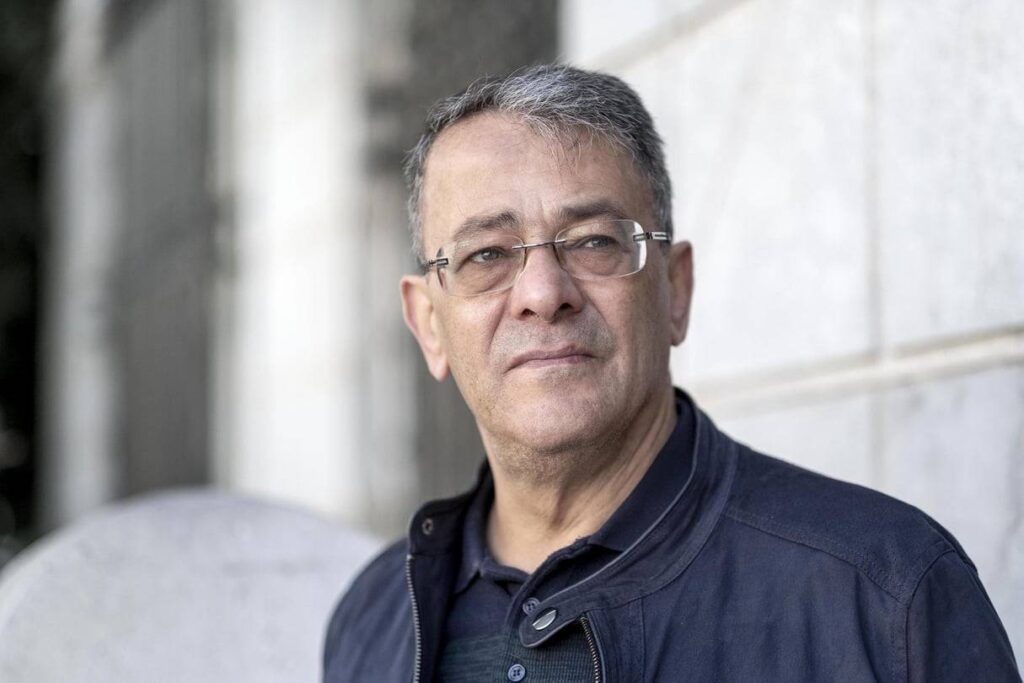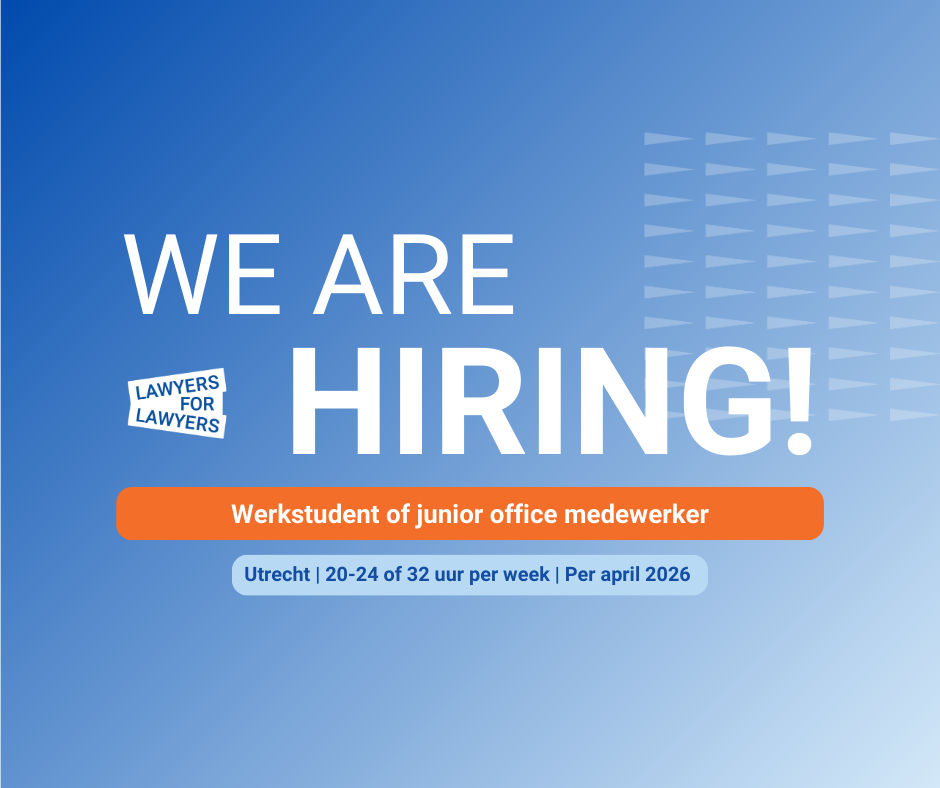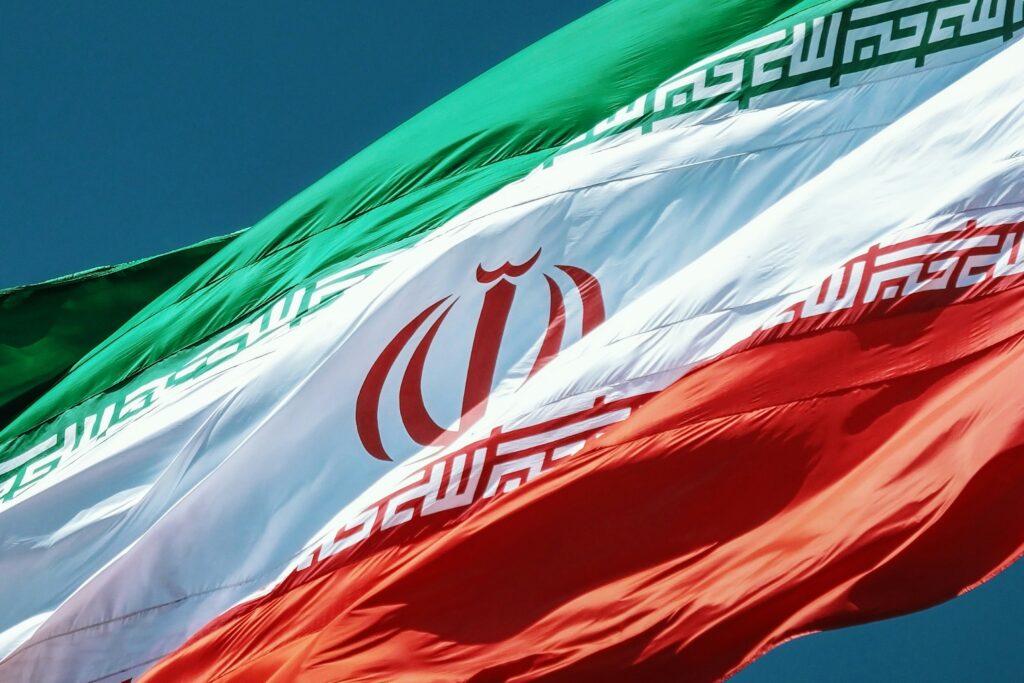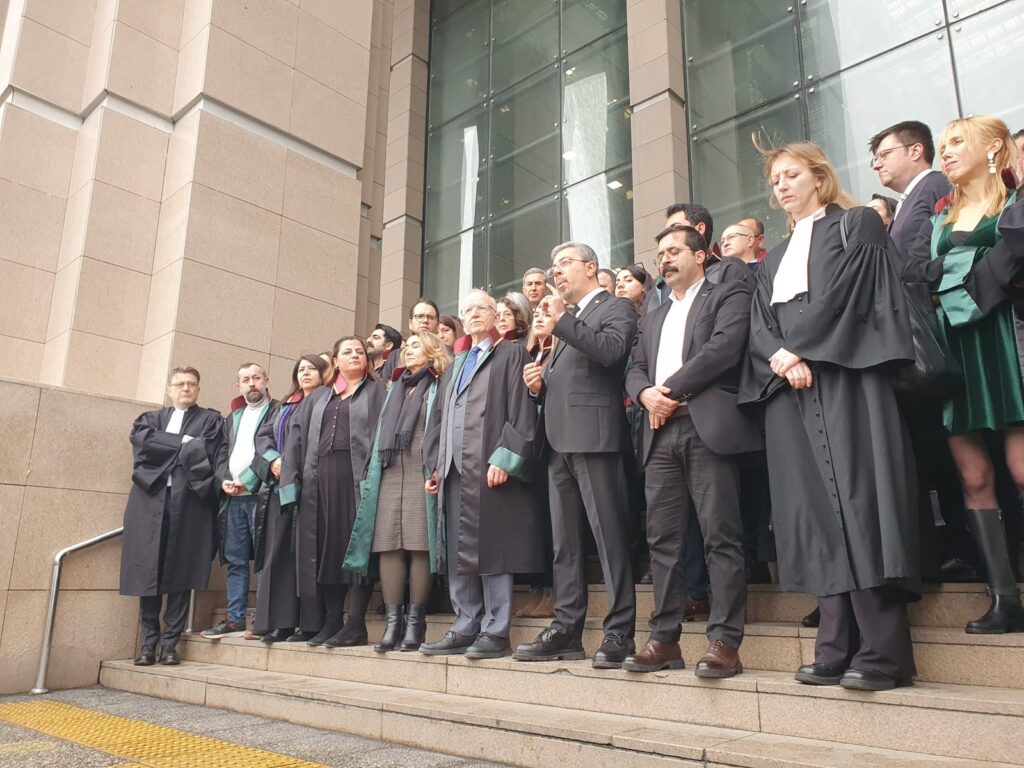We, the undersigned organizations, are concerned about the detention, conviction and sentencing of lawyer Edem Semedliaiev from Crimea.
On 25 October 2021, Russian police arrested 21 Crimean residents in Simferopol on administrative charges of ‘organizing public assemblies that led to public disorders’ and brought them to the police station. Lawyer Edem Semedliaiev arrived at the police department of Central Simferopol (Crimea) to provide legal assistance to the arrested individuals.
In the course of discharging his professional duties as a defense lawyer, Mr. Semedliaiev requested the police officers not to conduct any investigative activities with the arrested individuals without his presence. Following that, while assisting one of his clients during an interrogation, Mr. Semedliaiev noted that the police was attempting to question one of his other clients in his absence. He also heard how the police threatened his client with prosecution for “police disobedience”. In order to document what he believed to be unlawful actions of the police officers, Mr. Semedliaiev started recording his conversation with police officers on his mobile phone. When the police officers took notice of this, Mr. Semedliaiev received an order from the head of the police unit to switch off the audio recorder on his mobile phone. Invoking his right under Russian law to use audio recording devices, Mr. Semedliaiev continued audio recording. In response to this, police drew up a protocol for an administrative offence against him for “police disobedience” under Article 19.3(1) of the Russian Federation Code on Administrative Offences. The protocol contained information inter alia that the lawyer “failed to comply with the order of police officers to stop video and audio recording inside the police station in Simferopol”. Subsequently, while in the police office, police ordered the lawyer to undergo a strip search so that the police officers could examine if “he had any tattoos with extremist symbols on his body”. When the lawyer refused, stating that the police order was unlawful, police charged him with another count of police disobedience under Article 19.3(1) of the Russian Federation Code on Administrative Offences. Mr. Semedliaiev was subsequently detained by the police.
On 26 October 2021, his case was brought to court. The court decided to return both cases on the administrative offences allegedly committed by him to the police, in view of numerous procedural violations committed by police officers in the course of administrative proceedings. In particular, the judge noted that the police protocol inter alia lacked information concerning the grounds on which the police officer wanted to carry out a personal search of the lawyer who was lawfully present at the police station. It also referred to a lack of information on whether the police order to undergo a strip search was connected to the exercise of the duties of the lawyer. The court’s decision also established that Mr. Semedliaiev had not been informed of his rights and obligations. After the hearing, Mr. Semedliaiev was released from detention.
On 11 November 2021, Mr. Semedliaiev was summoned to the police station again. A police officer drew up two new protocols on administrative offences for “police disobedience” under Article 19.3(1) of the Russian Federation Code on Administrative Offences. The protocols were dated 25 October 2021 and concerned the same subject matter as those considered by the court on 26 October 2021 (“failure to stop video and audio recording inside the police station” and “failure to undergo a strip search”).
On 11 November 2021, the Tsentralnuy district court of Simferopol found the lawyer guilty as charged and sentenced him to 12 days of administrative detention and a monetary fine of 4,000 RUB. Mr. Semedliaiev was arrested and taken to the Temporary Detention Facility in Simferopol, where he continues to be detained.
Lawyers play a vital role in the protection of the rule of law and human rights. It is the responsibility of lawyers to defend the rights of their clients. Their work is indispensable for ensuring that all persons have equal and effective access to protection of the law and remedies for violations of rights. To fulfil their professional duties effectively, lawyers must be able to practice law freely and independently, without any fear of reprisal.
Article 16 of the United Nations (UN) Basic Principles on the Role of Lawyers[1] states that governments must ensure that lawyers “are able to perform all of their professional functions without intimidation, hindrance or improper interference.” The Principles further require that lawyers “shall not suffer, or be threatened with, prosecution or administrative, economic or other sanctions for any action taken in accordance with recognized professional duties, standards, and ethics.”[2]
In view of the above, the undersigned organizations call on the authorities of the Russian Federation to:
- Immediately and unconditionally release Edem Semedliaiev and put an end to all acts of harassment against him;
- Take all necessary measures to guarantee the physical and psychological integrity and security of Edem Semedliaiev while in detention and pending his release;
- Guarantee that all lawyers in Crimea can carry out their legitimate professional activities without intimidation, harassment, improper interference or reprisals, including respect for confidentiality of all communications between lawyers and their clients.
Signatory organisations:
- Center for Civil Liberties (Ukraine)
- Council of Bars and Law Societies of Europe (CCBE)
- International Bar Association’s Human Rights Institute (IBAHRI)
- Lawyers for Lawyers
- The Law Society of England and Wales
A PDF of the statement can be found here.
[1] The UN Basic Principles on the Role of Lawyers provide a concise description of international norms relating to the key aspects of the right to independent counsel. The Basic Principles were unanimously adopted by the Eighth United Nations Congress on the Prevention of Crime and the Treatment of Offenders in Havana, Cuba on 7 September 1990. Subsequently, the UN General Assembly “welcomed” the Basic Principles in their ‘Human rights in the administration of justice’ resolution, which was adopted without a vote on 18 December 1990 in both the session of the Third Committee and the plenary session of the General Assembly.
[2] Basic Principle 16 (c).




